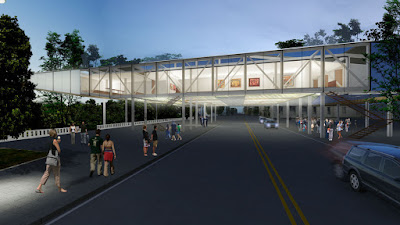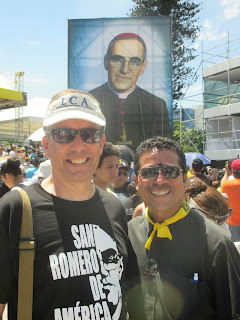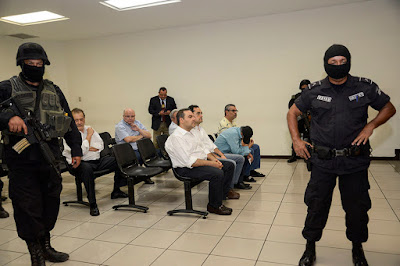El Salvador -- corruption edition
Corruption investigations,disclosures and prosecutions in El Salvador were a rare thing ten years ago. Not so any more. (Although convictions are something we are still waiting for). Here is some of the current news of corruption in El Salvador. An El Faro investigation has detailed how the legislative assembly awarded more than a half million dollars to an organization founded by the wife of the founder of the GANA party and current president of the National Assembly, Guillermo Gallegos. The organization is run by one of his assistants. The money was supposed to support violence prevention efforts in seven municipalities -- efforts that the municipalities say they never saw. Hearings concluded today regarding allegations of illegal enrichment of the former director of the state Institute of Social Security, Leonel Flores. Flores is accused of being unable to justify how his net worth grew significantly during his time in office. Report...






